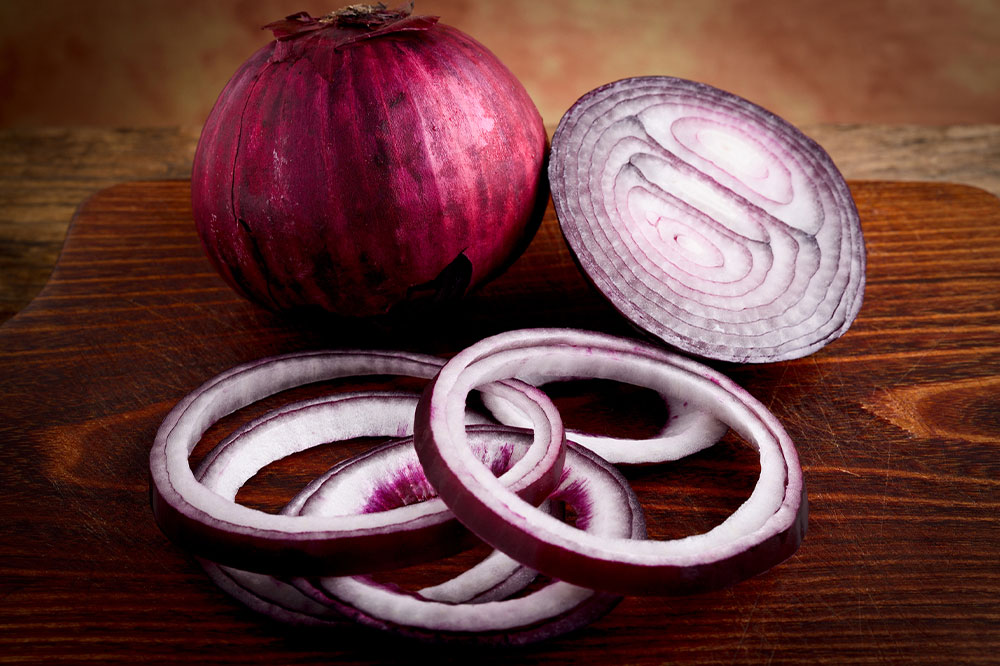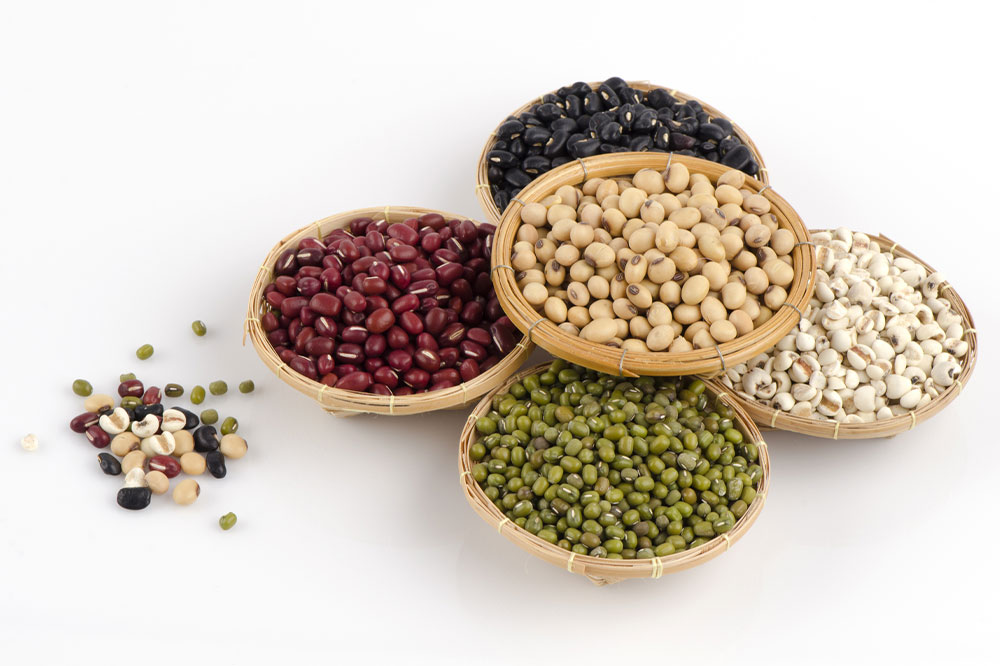7 foods that help relieve seasonal allergy symptoms

Seasonal allergies each year bring symptoms like sneezing, sniffling, runny nose, and itchy eyes. While treatments can help relieve some allergy symptoms, the effect is enhanced when one makes better food choices. So, it is important to know which foods can help one deal with seasonal allergies. Some nutrient-rich options can help lower inflammation in the body. However, one should consult a healthcare specialist before making drastic changes to meals.
Onions
Foods like onions, garlic, berries, citrus fruits, leafy vegetables, and apples are rich in quercetin. Quercetin is a flavonoid with anti-inflammatory and anti-histamine properties. It helps in bringing down histamine production in the body, alleviating symptoms of seasonal allergies. The decreased production of histamine lowers the intensity of allergic reactions. Adding these foods to meal meals, especially in preparation for the allergy season, is a great way of getting nutrients and keeping symptoms at bay. These foods can also help one recover after a major allergic reaction.
Yogurt
Probiotics are essential for the proper functioning of the immune system. They contain bacteria that improve gut health and strengthen immunity. Yogurt contains probiotics, helping the immune system fight infections. Other items rich in probiotics are fermented foods like kefir, sauerkraut, and kombucha. These foods might also help reduce the levels of inflammation in the body.
Berries
Vitamin C is an important nutrient contributing to a healthy immune system. It can help improve immunity, helping the body fight free radical damage. Berries, citrus fruits, bell peppers, mango, papaya, and kiwi are all rich sources of vitamin C. Adding these foods to daily meals can also help lower inflammation levels, thereby reducing the intensity of seasonal allergy symptoms.
Fish
Omega-3 fatty acids are key nutrients that keep inflammatory levels in check. Fatty fish like salmon, tuna, and mackerel are rich sources of omega-3s, helping improve overall health and fight inflammation. One can also opt for vegetarian sources of omega-3 fatty acids like flaxseeds, walnuts, and chia seeds.
Honey
Local honey is often recommended as a natural remedy to relieve seasonal allergies. This is because local honey can help the body build resistance to the same local pollen that is the primary allergen during allergy season. Although more research is needed to back up this claim, one can start by eating 1 teaspoon of raw honey once a day.
Turmeric
Curcumin, the primary ingredient in turmeric, is known for its anti-inflammatory properties. Curcumin can help relieve inflammation, swelling, and irritation, among other allergy-like symptoms. Adding this spice to daily meals might help relieve allergies and some of their symptoms. It can either be used in its natural form by adding to foods and beverages, or one can get turmeric supplements.
Green tea
Green tea contains a compound called epigallocatechin gallate or EGCG, which can bring down inflammation levels in the body. EGCG, in combination with other antioxidants in green tea, can help alleviate seasonal allergy symptoms. So, adding green tea to the daily routine might help reduce inflammation and strengthen the immune system.




